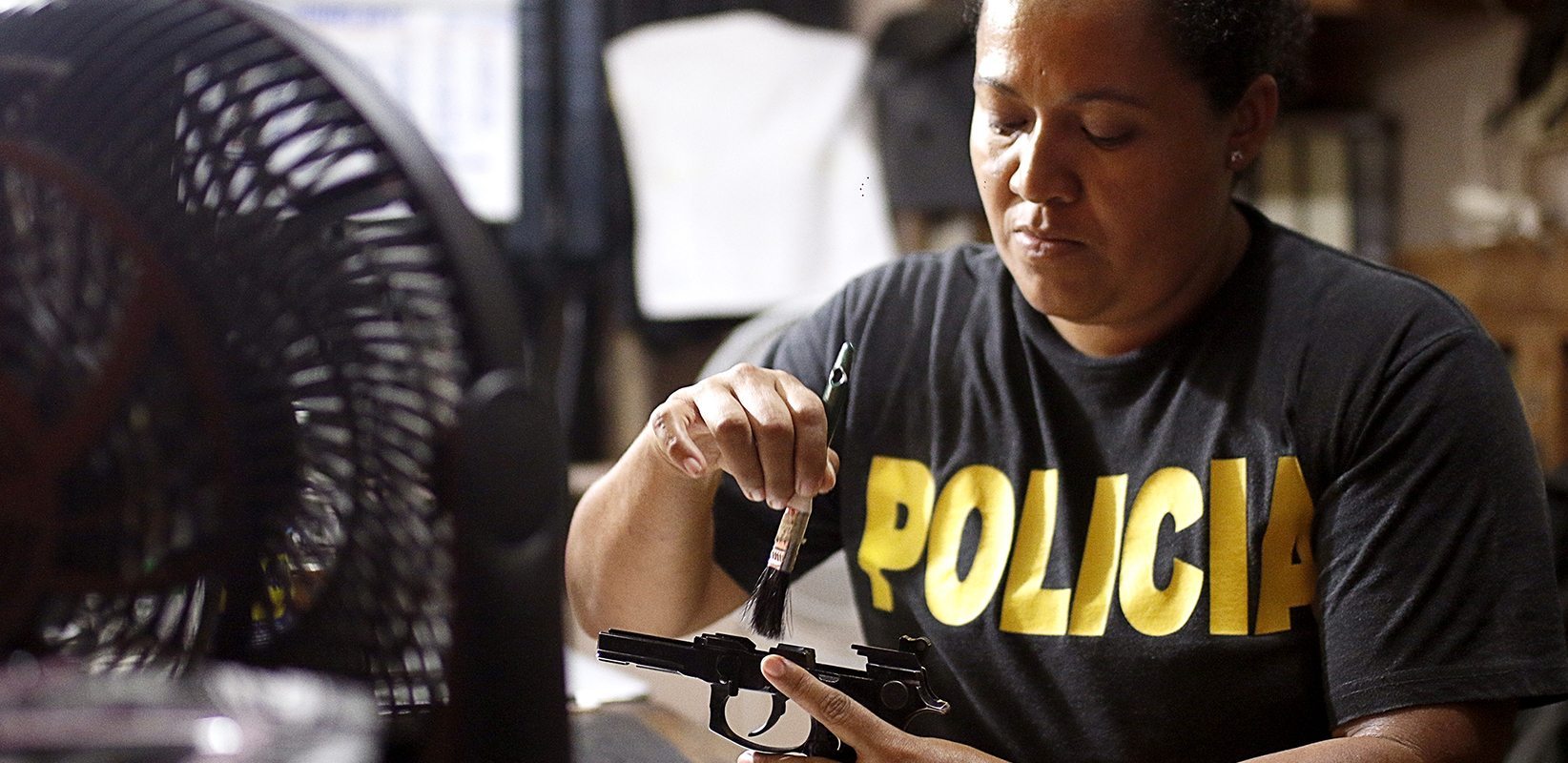
When we read or hear about gender equality, we automatically think “this is a speech about women’s rights.” And yes, this isn’t entirely incorrect. It responds to a history in which women have had to claim our rights, from being able to walk down the street without the company of a man, exercise our right to vote and even major in technology. But gender equality isn’t an issue or a struggle exclusive to women because gender roles affect us all.
Look at these statistics from the judicial branch’s 2017 yearbook: men in Costa Rica have a life expectancy five years shorter than that of women. They represent 95 percent of the inmate population, 91.2 percent of homicide victims, 86 percent of deaths by suicide and 89 percent of deaths in traffic accidents.
At the same time, men have an income that is 24 percent higher than women in similar job positions. Only 34 percent of congress is female. Female participation in the labor market is 46.8 percent versus 76.6 percent for men. Only 20 percent of high level managerial positions are held by women.
The numbers show us that we don’t live equally. Adapting to a role that requires the man provide and be brave, strong, tough and a womanizer and the woman to be delicate, sweet, devoted to the family and, above all, a mother, forces us to live in an eternal struggle without end in which no one wins. Inequality condemns women to economic disparities and men to early death.
According to the World Health Organization, gender refers to the functions, behaviours and attributes that a society assigns to men and women. Unlike sex – which refers to physical characteristics – gender has a cultural aspect and encapsulates the roles that are socially assigned to a man or a woman. In other words, a woman isn’t born “weak,” rather she learns it through social conditioning that teaches her to be that way. In the same way, men aren’t all born to like sports, they are taught socially from childhood that they should play that role. In the majority of cases this is so common and deeply rooted that it is almost imperceptible. We normalize it.
This normalization deprives us of small acts like a man being able to wear the color pink without his masculinity being threatened or that a woman being able to drink a beer without her innocence being questioned. It also deprives us of bigger struggles, such as allowing women to find spaces in fields like engineering and men to stay home and take care of the family, if that’s what pleases them. It deprives us of living life as we see fit and not as part of a society that decides our role.
I am a young woman. As a social entrepreneur, I have developed my professional career in jails. I founded the Nueva Oportunidad Foundation whose goal is to incorporate inmates into society. For me, being a woman hasn’t made any difference in my professional life, but as the years go by I have noticed that it does to other people. I notice it when, at every forum, conference or conversation, this question always comes up: “What is it like for you working in a jail as a woman?” My response to this question, which surprises me less and less each time, is that it has never been something that has had an influence. But when it became a pattern to hear this question I started to wonder, “Should it be more difficult for me as a woman?”
For me, it hasn’t been difficult to develop professionally in “a man’s environment.” This is due to the fact that I was educated in a privileged environment and not taught that society has advanced to full, real equality. My parents, despite living in a small, rural town, never instilled in me a role as a weak woman nor did they teach me to serve my brothers. And they definitely didn’t raise me to get married, have kids and become a housewife. My dad didn’t raise “a princess.” To the contrary, he taught me that limits don’t exist and that I am defined by my own efforts. My mom insisted that I never depend on anyone and have my own voice.
I know that my case is an exception and that, in many cases, both men and women respond to an assigned role. This makes us confront barriers that don’t exist, but that we have socially accepted and that are so common that we consider them natural. Until just a short time ago, in 1950, women couldn’t vote. My grandmother was born in a society that thought women weren’t capable of voting. But society and the world have evolved. Today, alongside women’s rights, real equality between men and women is vindicated.
In 2014, the United Nations launched the campaign “He for She” in an attempt to encourage men and boys to become agents for change in order to achieve gender equality. While the initiative is laudable, it’s a mistake to call on “him” to act for “her.”
Real equality isn’t for women, it’s for everyone. It’s for a society in which everyone can develop themselves according to their abilities, tastes and preferences and not according to whether or not they are a man or woman. The world evolves, it adapts to a society that sees it as normal that we communicate via instant message in real time. Why can’t it see as normal the fact that men and women have the same rights and obligations? It’s not for her. It’s for everyone.







Comments